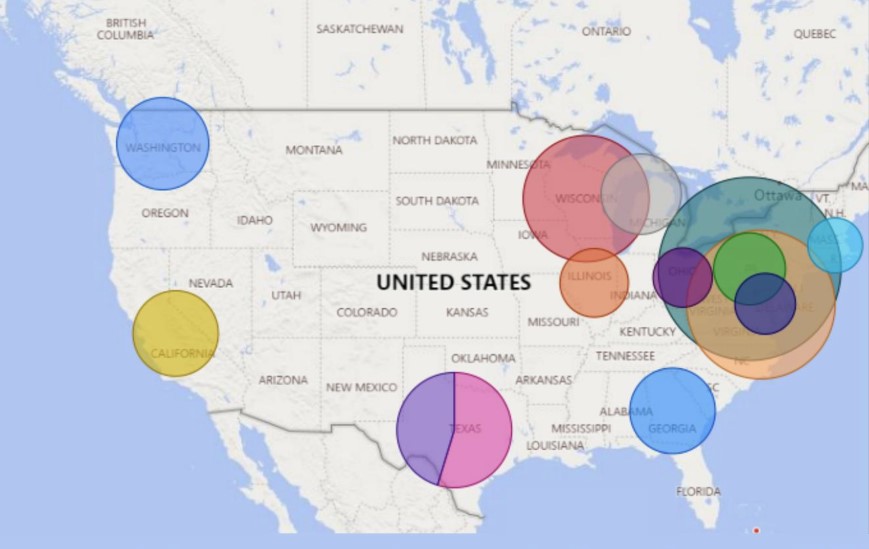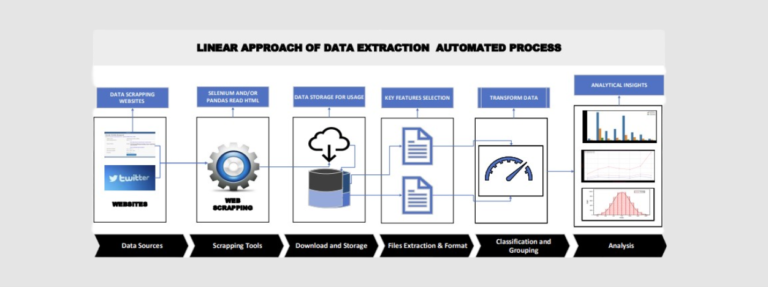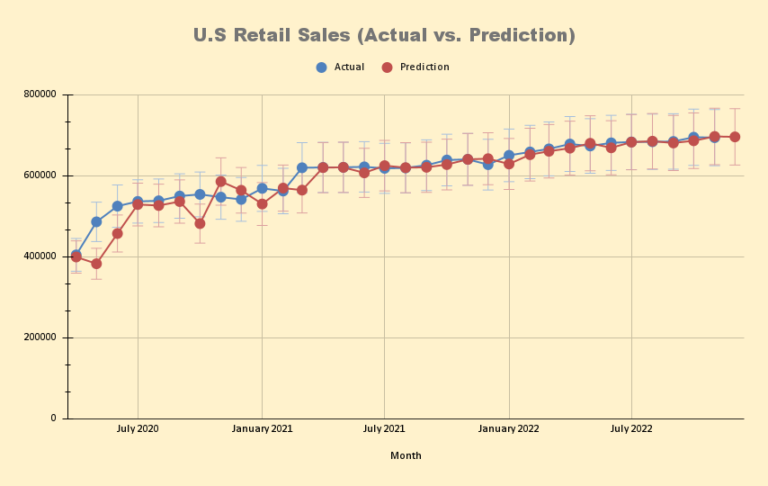Using machine Learning to determine the Motivating Factors That led African to Migrate to certain Demographic Locations in The United States
Immigrants from Africa constitute a highly diverse and rapidly growing group in the United States. Although there are differences among people from various African countries, most commonly migrate to the United States for economic opportunity and safety. According to the 2010 U.S. Census, there are about 1.6 million African immigrants in the U.S., and in 2015, the total is estimated to be 2.1 million. Since 1980, African immigrants have accounted for a larger share of immigration to the United States.
One Important Reason for Spike in Migration From African Countries
One important reason for the current spike in immigration is the Refugee Act of 1980, which welcomed those in conflict-ridden locations, such as Somalia and Ethiopia. However, American-born Africans come from all over the continent but primarily from Nigeria, Ethiopia, Egypt, Ghana, and Kenya. In 2015, these five countries constituted half of the American-born African population in the USA. Within the United States, Africans are highly concentrated in the Midwest, South, and Northwest. These immigrants primarily come from African countries such as Cape Verde Egypt, Ethiopia, Nigeria, Somalia, and Liberia.
According to our research, the African population in each metro area, ranges from 2-1 to 5-1 ratio. They are concentrated in metro areas, where the highest paying industries are health care and social assistance. Based on the data gathered, employment or average household income is not the main factor that led to Africans migrating to these respective metro areas. Racial concentration in these locations also doesn’t play a role.
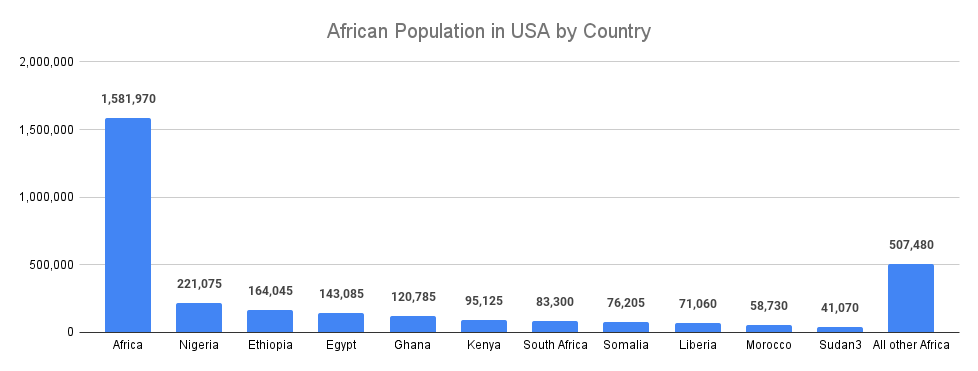
Based on the data gathered, employment or average household income is not the main factor that led to Africans migrating to these respective metro areas. Racial concentration in these locations also doesn’t play a role. Africans are open-minded, and they live comfortably in any location, regardless of the predominant race. However, a correlation was observed that African immigrants are highly concentrated in metro areas with lower average house values. For instance, Nigerians are heavily concentrated in Texas and other metro areas where the median house cost is in the range of $265,000. Based on this information, it can be concluded that the main driving force that led Africans to migrate to certain metro areas is the median house price. The data provided in this article is based on an in-depth data analysis with the application of machine learning algorithms using extracted data from the U.S. Census and other reputable government sources to determine the demographic population of Africans, economic indicators, and businesses.
Metro Demographic Area With The Highest African Immigrants In The United States
| Country | Ratio | Demographic Locations | State |
| Cape Verde | 2:1 | Providence, New Bedford, & Fall River metro area in | Rhode Island & Massachusetts |
| Cape Verde | 3:1 | Boston, Cambridge & Quincy metro area in | Massachusetts & Michigan |
| Egypt | 4:1 | Los Angeles, Long Beach, & Santa Ana metro area | California |
| Egypt | 5:1 | New York, Northern New Jersey & Long Island metro area | New York, New Jersey & Pennsylvania |
| Ethiopia | 4:1 | Tacoma & Bellevue metro area | Washington State |
| Ethiopia | 5:1 | Washington, Arlington & Alexandria | in District of Columbia, Virginia, Maryland & West Virginia |
| Ethiopia | 5:1 | Minneapolis, St Paul & Bloomington metro area | Minnesota & Wisconsin |
| Liberia | 5:1 | Philadelphia, Camden & Wilmington metro area | Pennsylvania, New Jersey, Delaware & Maryland |
| Nigeria | 3:1 | Houston, Sugar Land & Baytown | Texas |
| Nigeria | 3:1 | Baltimore & Towson metro area in Chicago, Joliet & Naperville metro area | Maryland, Chicago, Indiana & Wisconsin |
| Nigeria | 4:1 | Atlanta, Sandy Springs & Marietta | Georgia |
| Nigeria | 5:1 | Dallas, Fort Worth & Arlington | Texas |
| Somalia | 4:1 | Columbus | Ohio |
| Somalia | 4:1 | Minneapolis, St Paul & Bloomington metro area | Minnesota & Wisconsin |
| Somalia | 5:1 | Seattle, Tacoma & Bellevue metro area | Washington State |
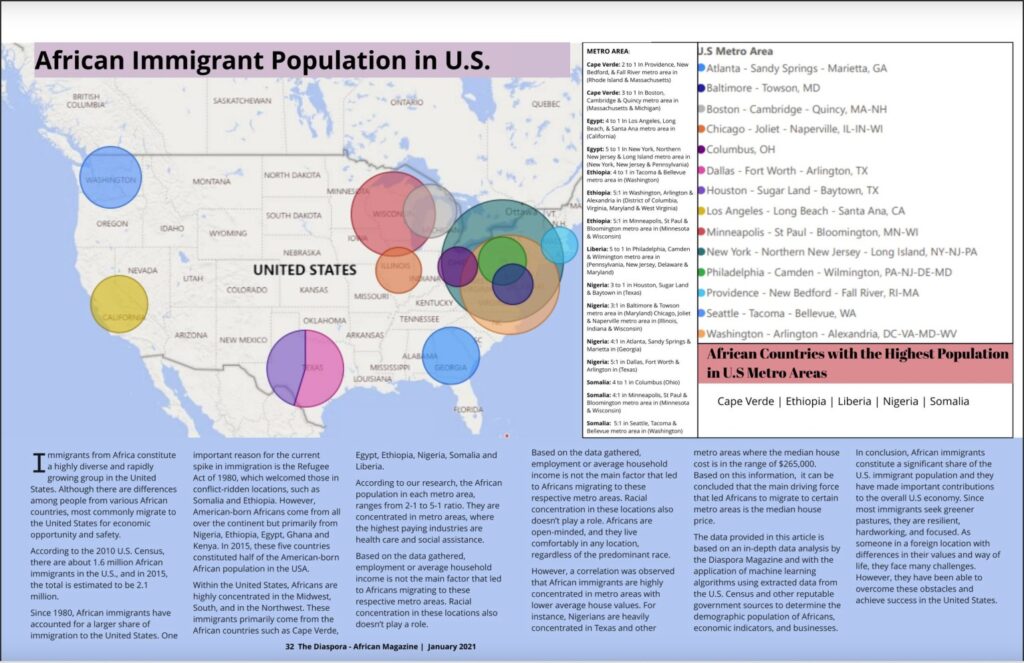
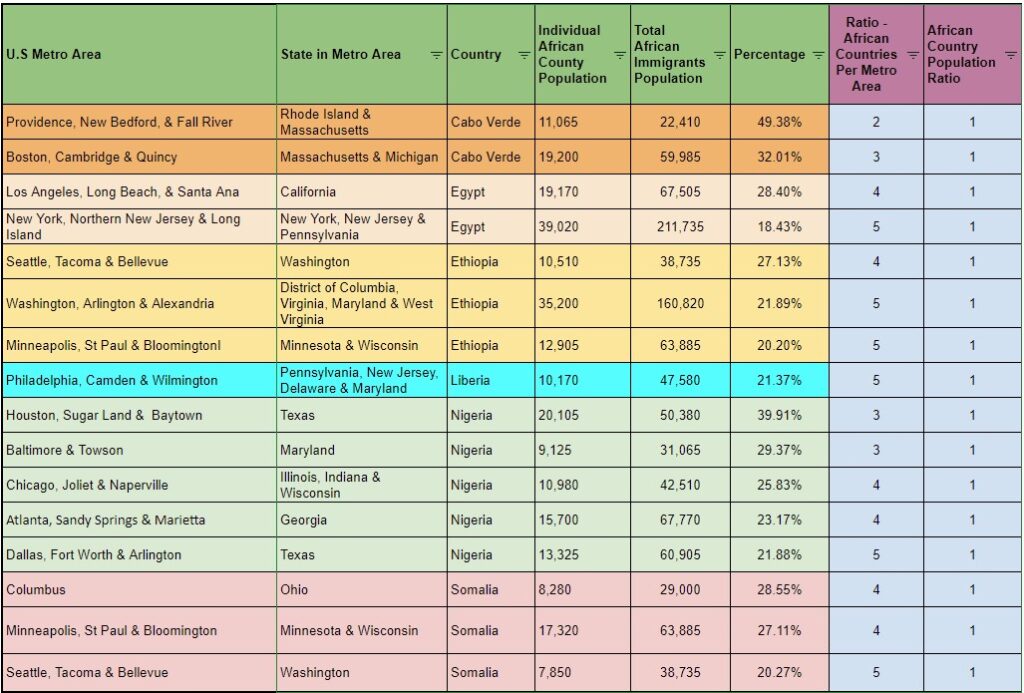


The data provided in this article is based on an in-depth data analysis with the application of machine learning algorithms using extracted data from the U.S. Census and other reputable government sources to determine the demographic population of Africans, economic indicators, and businesses.
Based on this information, it can be concluded that the main driving force that led Africans to migrate to certain metro areas is the median house price.
In Conclusion
In conclusion, African immigrants constitute a significant share of the U.S. immigrant population and they have made important contributions to the overall U.S economy. Since most immigrants seek greener pastures, they are resilient, hardworking, and focused. As someone in a foreign location with differences in their values and way of life, they face many challenges. However, they have been able to overcome these obstacles and achieve success in the United States.
